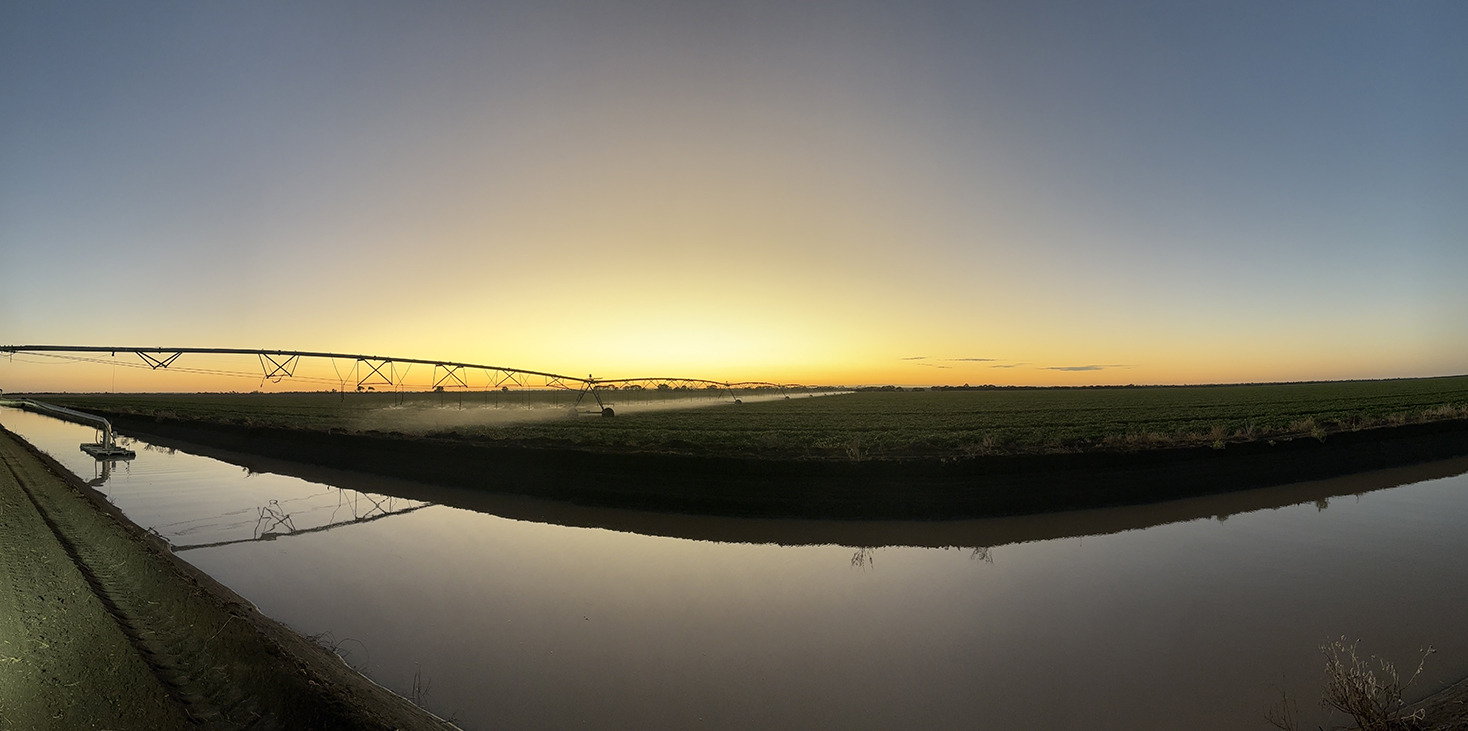Calculating Cost Bases Following Revaluation
Following Unitholder approval on 16 December 2013 investors in RFM RiverBank (RiverBank), RFM Australian Wine Fund (AWF) and RFM Chicken Income Fund (CIF) received units in the Rural Funds Group (RFF). CIF unitholders also received units in RFM Poultry (RFP).
The purpose of this document is to provide a brief guide on calculating the cost base for capital gains tax purposes of the units received in RFF and RFP. Unitholders should refer to the cost base guide in respect of the fund in which you held units immediately prior to the merger taking place.
However, RFM notes that the comments in this document are not intended to be a complete statement of the law applicable to the particular circumstances of every Unitholder – in particular, the summary only considers the Australian tax position for Unitholders that are Australian tax residents and who hold their units on capital account for investment purposes.
Note: The following information is provided as a general guide to the potential Australian tax outcomes of the merger, based on advice received by RFM. RFM is not licensed under the tax agent services regime and cannot provide tax advice to investors. This advice is intended to be a general guide only and is not intended to be definitive advice, nor relied upon as such. As the taxation outcomes will depend on individual investors’ personal circumstances, it is recommended that all investors consult with their taxation adviser in relation to how the taxation implications of the merger apply to their individual holdings.
RFM Riverbank
Upon the issue of additional units in RFF (on a 1:1.320 basis) to RiverBank unitholders, the ‘per unit’ cost base of units you now hold in RFF will be reduced. While the total cost base in respect of your units will not change as a result of the issue of additional units, your cost base will now be spread over a greater number of units.
Where each of the RiverBank units you held had an identical cost base prior to the merger, your cost base for each of your RFF units (immediately after the Restructure) will be calculated by dividing the total cost base of your original RiverBank units immediately prior to the merger by the number of units you were issued in RFF.
Where your RiverBank units had different cost bases prior to the merger (for example, because they were acquired in a number of tranches at different times and prices), it will be necessary to apportion the additional units received across each tranche of units. In this way, while the total cost base of each tranche should be unchanged, the cost base of each individual unit will vary, taking into account the proportion of additional units that are attributable to that tranche.
For example, if you had acquired 1,000 RiverBank units for $1.35 (Tranche 1) and 500 RiverBank units at $1.48 (Tranche 2), the cost base of your units in RFF would be calculated as follows:
RFM Australian Wine Fund
As the sale of your AWF units was not subject to roll-over relief, the CGT cost base of the units you hold in RFF should be based on the market value of those units at the time they were issued (in consideration for the sale of your AWF units).
The net asset value (NAV) of RFF units when issued was $1.0213 per unit. RFM considers that the NAV of RFF units is representative of the market value of RFF units at the time of the merger. Therefore, this amount should be your cost base per RFF unit immediately after the merger.
RFM Chicken Income Fund
Cost Base in RFF Units
If you are eligible for rollover relief (refer below) the cost base of your RFF units will be based on the cost base of your original CIF units – but reduced by the capital portion of the distribution made to CIF unitholders to fund the acquisition of your units in RFP.
The total amount of this distribution was 10.69 cents per unit and 42.33% was capital. Therefore the cost base of your CIF units will be reduced by $0.0452 per CIF unit (being 42.33% of 10.69 cents) as a result of this distribution.
This means that if the cost base of a CIF unit before the capital distribution was $1.00 per unit, the cost base of a RFF unit will be $0.9548 per unit divided by the conversion factor, or $1.4293 per unit (reflecting that you have less RFF units than you did CIF units).
This is confirmed in the ATO class ruling obtained by RFM (available at www.ruralfunds.com.au).
If, at the time of the merger, the total cost base of your CIF units (after taking into account the capital reduction noted above) was less than the value of the RFF units you received ($1.0213 per unit x number of RFF units), the ATO class ruling also confirms that CIF unitholders will be eligible for rollover relief to defer the capital gain made as a result of the transfer.
If you made a capital loss on disposal of your CIF units you are not eligible for rollover relief and the cost base of your RFF units will be $1.0213 per unit.
Cost Base In RFM Poultry (RFP) units
As the distribution from CIF was compulsorily applied to acquire your units in RFP, the CGT cost base of your RFP units will be equal to the amount of the distribution, being $0.1069 per unit.
Hypothetical examples based on 1,000 units purchased at $1.00 per unit in RiverBank, AWF or CIF:
^ assumes $1.00 initial cost base of RiverBank or CIF which is likely to differ from an individual investors cost base. For the purpose of providing an example calculation only.
Notes:





